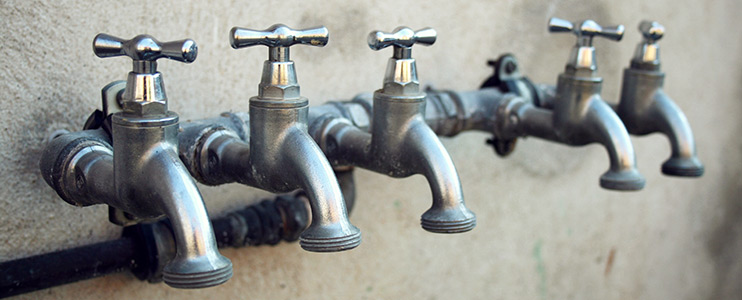Regionalization
Regional collaboration among rural communities is an innovative way to help small water and/or wastewater systems maintain compliance, improve aging infrastructure and become financially sustainable over time. We call this Regionalization, and it comes in many forms including traditional consolidation of multiple systems into one; the creation of umbrella management organizations, Joint Powers Authorities and memorandums of understanding.
Sometimes regionalization includes actual infrastructure consolidation but can also mean shared managerial, operator and/or treatment costs. All of these aim to eliminate redundancy and create economies of scale to allow small systems to afford day-to-day operations and necessary upgrades. It also often attracts more state and federal infrastructure funding, which is especially important at a time when regulations are becoming ever more stringent. Regional collaboration is not a one-size-fits-all approach—each community is unique and the best option for that particular community/region needs to be explored and requires community buy-in to be viable.
RCAC has facilitated dozens of regionalization projects throughout New Mexico and has recently begun the same in California. In the next five years, we hope to have at least one regionalization project in progress in all of the states that we serve. Also, we would like to expand the regionalization concept to include housing and community projects.
Regional collaboration is a long and arduous process that requires expert facilitation and mediation. Successful collaboration includes an engineering feasibility study, as well as governance and financial planning. RCAC is working to develop a flexible proven framework for communities to follow to ensure that the process is done correctly with facilitation and technical expertise, as needed. This and community support is necessary to ensure that a regional project is financially, technically and managerially sustainable.
For more information, please contact:
- RCAC’s main office at (916) 447-2854 and request Ramon Lucero or Blanca Surgeon
- Or complete our Request for Assistance

